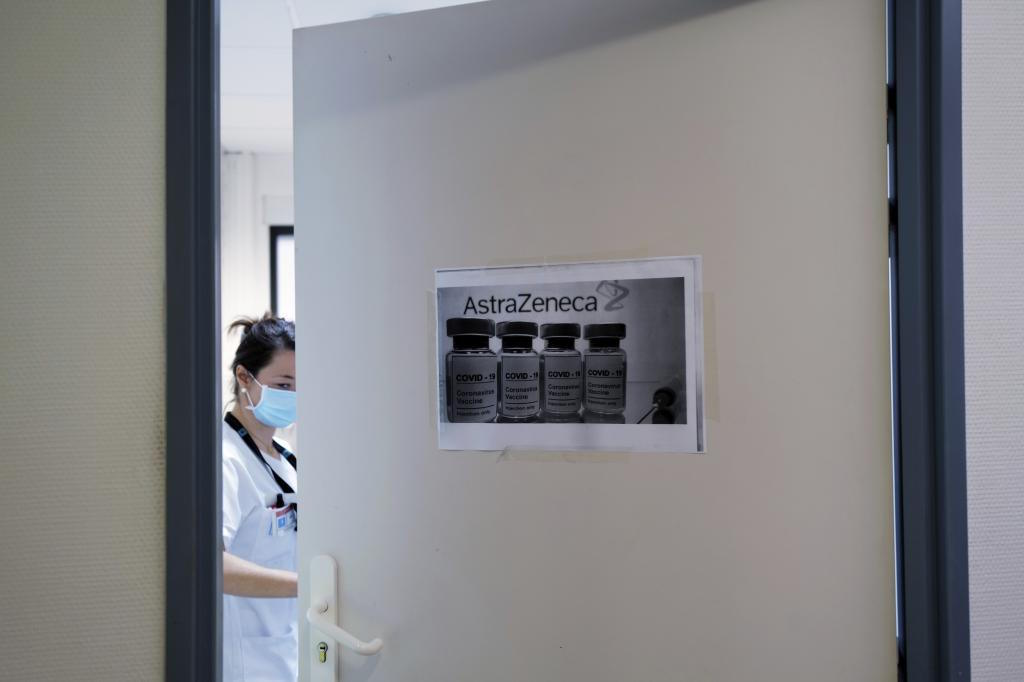Donald Trump has put the United States on the path to economic isolationism. However, more and more European companies are choosing to be listed on Wall Street. The latest to announce this move is AstraZeneca, the second-largest company by market value on the London Stock Exchange. The Swedish-British pharmaceutical company declared yesterday that it will no longer be present in New York with American Depositary Receipts (ADRs), which are a kind of 'certificate' representing the company's shares, and will instead do so with ordinary shares.
The news has sent shivers through the United Kingdom, as it quickly sees the London Stock Exchange becoming a market for 'old economy' companies, such as oil companies (Shell, BP), chemical companies (Linde), or mining companies (Rio Tinto), with very little presence from the sector that drives the global economy the most, technology companies. In fact, the British fintech giant Revolut is listed in New York. Even the world's largest private oil company, Shell, threatened to cross the Atlantic in 2024, although it ultimately did not.
All these corporate decisions have a greater impact in London because the so-called 'Anglo-Saxon capitalism' relies more on financial markets than the 'Rhenish' model prevalent in France, Germany, Italy, and Spain. Nevertheless, it represents an unstoppable trend: companies are heading to the US stock market. There is more liquidity, less regulation, and fewer restrictions on major institutional investors based on environmental, gender, or inclusivity criteria.
Adding to this is another factor: Donald Trump. The US president has initiated a trade war on pharmaceutical imports and wants major companies in the sector to invest in the United States. Therefore, it is better to have a presence - even if only financial - in that country. AstraZeneca's CEO, Pascal Soriot, plans to increase the company's revenue by two-thirds by 2030, which will require expanding its presence in the US market.
Up to now, AstraZeneca was listed through ADRs (American Depositary Receipts), which are certificates issued by banks entitling the holder to the shares of the represented companies. In practice, this means that the shares of companies listed through ADRs on Wall Street are primarily subject to the regulators of their home countries, not the US SEC. This is the same move Ferrovial made in May 2024, a year after relocating its headquarters from Spain to the Netherlands.
The significant advantage of ordinary shares is that they are much more liquid than ADRs and are a more attractive asset for many investment funds that do not purchase ADRs. Another crucial factor is that stock market indices are composed of shares, not ADRs. Given the proliferation of 'index funds,' this is a very important advantage.
